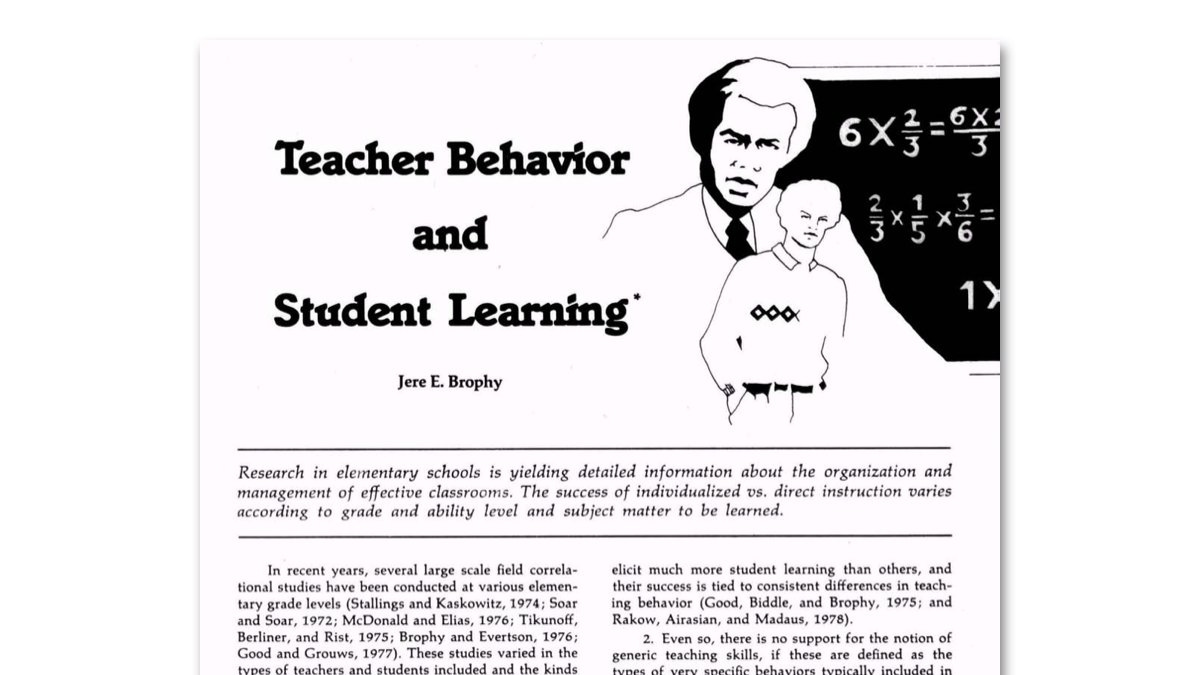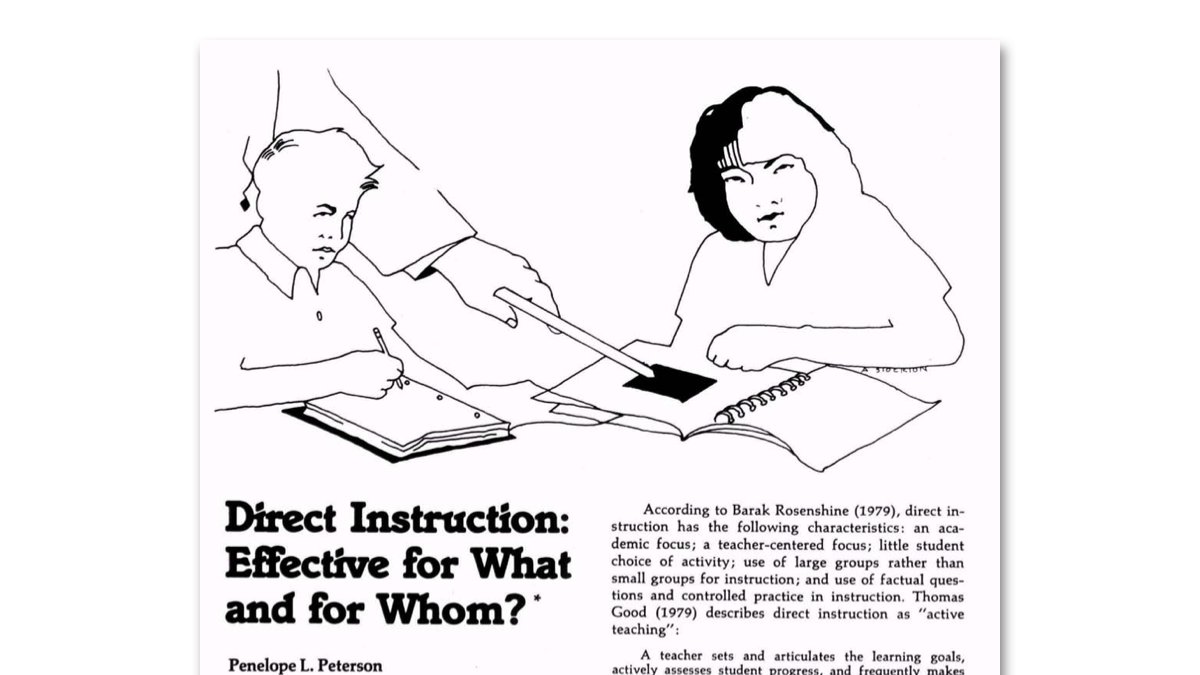
*Essential* idea for teacher educators:
The 'Optimal Adaptability Corridor' → what it is, and why it's useful
🧵A thread...
The 'Optimal Adaptability Corridor' → what it is, and why it's useful
🧵A thread...

To begin, we need to take a step back and unpack why learning to teach is so hard in the first place.
There are many reasons of course, but one big factor is the nature of the the classroom itself.
There are many reasons of course, but one big factor is the nature of the the classroom itself.
In particular, the classroom environment is:
A. Complex → there are *many* moving parts and decisions to be made with incomplete information
B. Hot → many of these decisions need to be made under pressure and in a tight time window
A. Complex → there are *many* moving parts and decisions to be made with incomplete information
B. Hot → many of these decisions need to be made under pressure and in a tight time window
To be effective in a complex and hot environment, teachers need to be both:
Innovative → understand the problems they face and how different strategies might help tackle them
Efficient → do this rapidly, and using minimal cognitive resources
Innovative → understand the problems they face and how different strategies might help tackle them
Efficient → do this rapidly, and using minimal cognitive resources
When teachers are able to innovate, but not efficiently, they may understand what is going on in their classrooms, but struggle to do much about it.
They can quickly become overwhelmed, then frustrated, and potentially revert to sub-optimal 'comfort zone' approaches.
They can quickly become overwhelmed, then frustrated, and potentially revert to sub-optimal 'comfort zone' approaches.
When teachers are efficient, but unable to innovate, they can deploy techniques, but not necessarily the right ones at the right times, or modify them to suit the specific needs of their class.
They are exhibiting expertise, but only in a narrow, 'routine' sense.
They are exhibiting expertise, but only in a narrow, 'routine' sense.
When teachers can do both—innovate, and do so efficiently—they are ideally positioned to meet the complex and hot demands of the classroom environment.
This is the basis of 'adaptive expertise', and imho is one of the central goals of teacher education.
However...
This is the basis of 'adaptive expertise', and imho is one of the central goals of teacher education.
However...
(this is where the Optimal Adaptability Corridor comes in—if you've got this far, you might as well keep going)
...it's hard to build both dimensions simultaneously. Each demand a slightly different approach:
→ Innovation requires exposure to a wide range of examples with explanations for how these work and why.
→ Efficiency requires targeted practice, feedback, and more practice.
→ Innovation requires exposure to a wide range of examples with explanations for how these work and why.
→ Efficiency requires targeted practice, feedback, and more practice.
Because of this tension, it can be easy for novice (or even experienced) teachers to end up with an imbalanced capacity:
Too much innovation at the expense of efficiency.
Or too much efficiency at the expense of innovation.
Too much innovation at the expense of efficiency.
Or too much efficiency at the expense of innovation.
The Optimal Adaptability Corridor is a reminder of the importance of checking and maintaining this balance ⚖️
Of ensuring that we build *both* innovation and efficiency in tandem, not going too far in any one direction before switching focus to the other.
Of ensuring that we build *both* innovation and efficiency in tandem, not going too far in any one direction before switching focus to the other.

To learn more, check out this beast of a paper. It covers the OAC and lots more:
🎓Innovation and efficiency in transfer by Schwartz et al.
aaalab.stanford.edu/assets/papers/…
🎓Innovation and efficiency in transfer by Schwartz et al.
aaalab.stanford.edu/assets/papers/…

• • •
Missing some Tweet in this thread? You can try to
force a refresh













